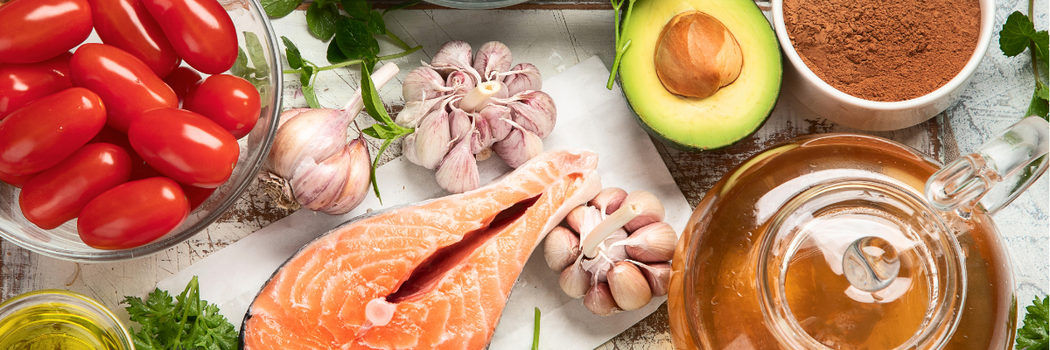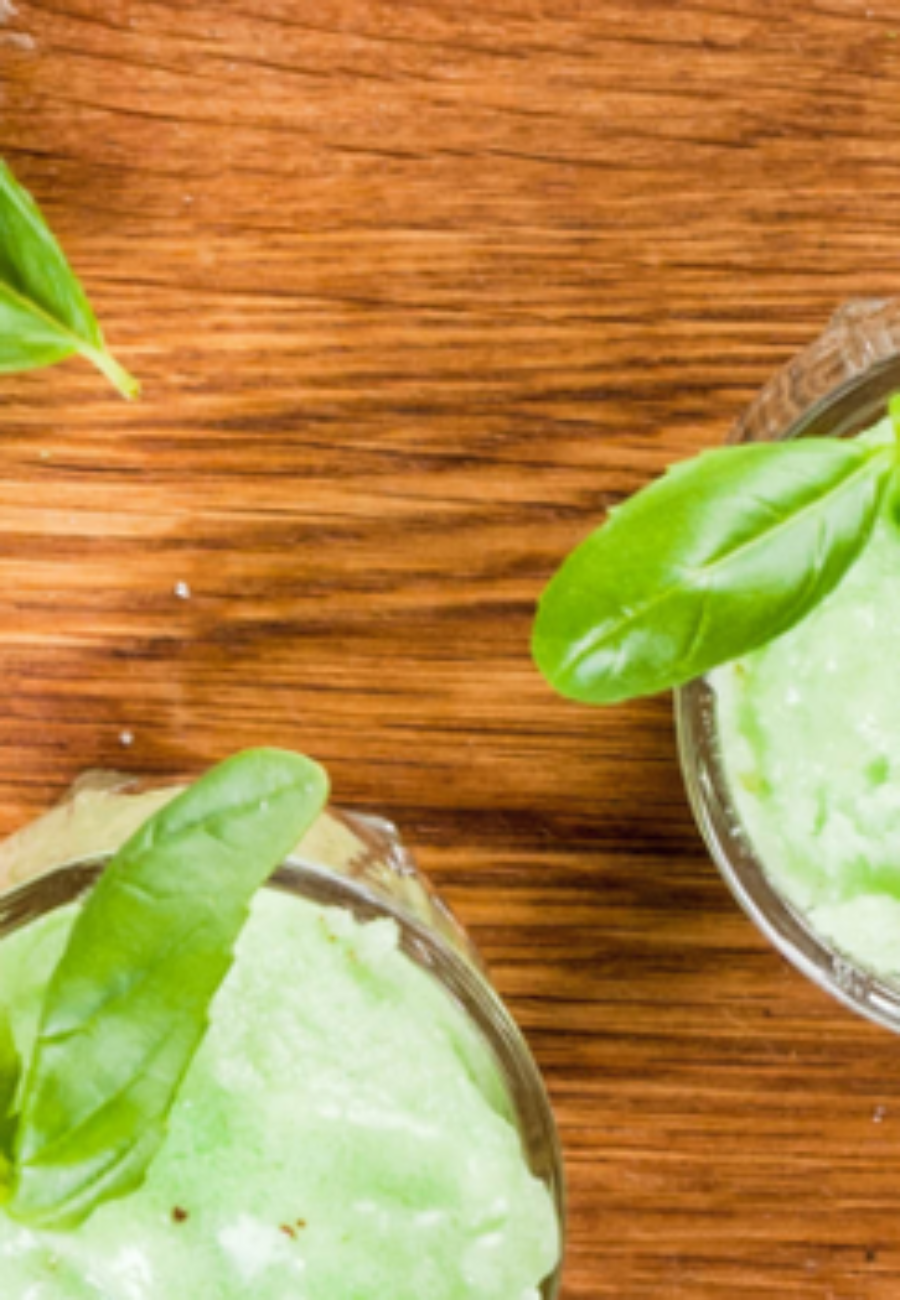Less Waste, More Savings: The Art of Smart Consumerism

In a world where resources are precious and the population is growing, anti-waste food is emerging as an essential solution not only for our environment, but also for our wallets. Every year, millions of tonnes of food are wasted from farm to fork, a worrying paradox in an age of growing food insecurity.
Origins of food waste
Food waste starts long before the food reaches our refrigerators. As early as the harvesting and production stages, significant losses are recorded, often due to problems of size, appearance or harvesting mechanization. The aesthetic standards imposed by supermarkets reject astronomical quantities of perfectly edible products, simply because they don’t meet strict visual criteria.
Corporate marketing methods exacerbate this problem. By exploiting our cognitive biases, they encourage us to buy more than we need and to throw away food that is still edible, often guided by misinterpreted best-before dates.
DDM and DLC: Learning to interpret
The difference between Minimum Shelf Life (MSL) and Best Before Date (BBD) is crucial. The best-before date, applied in particular to fresh produce, indicates a safety limit, while the best-before date, found on products such as preserves and cereals, suggests a date beyond which organoleptic qualities (taste, appearance, smell) may deteriorate, but without danger to health. Before discarding a product that has passed its sell-by date, it’s a good idea to observe, smell and taste it.
Food budget savings thanks to anti-waste management
Adopting anti-waste practices can lead to substantial savings. By buying better and less, planning meals and using anti-waste applications, households can reduce their food budget while reducing their ecological footprint. The Yummy Box mobile app in the French West Indies, allows consumers to buy products at discounted prices that would otherwise be thrown away, harnessing technology to connect merchant surpluses to conscious consumers.
https://www.instagram.com/yummybox.tech/
Ecological impact and the future of the planet
The ecological impact of food waste is monumental. By reducing waste, we reduce the demand on agricultural production, resulting in lower greenhouse gas emissions and less intensive use of land and water. By adopting more conscious consumption and supporting anti-waste technologies and initiatives, we can actively contribute to a more sustainable future.
Conclusion
Breaking habits of food waste is not only an act of environmental conservation, but also a clever way to save money. By educating consumers about the real value of food and adopting innovative technologies, we can transform our approach to consumption and launch a genuine food revolution. For a future where every mouthful counts, anti-waste is the way forward. It’s not a way of consuming for those who can’t afford it, and it’s time to break down prejudices. An “ugly” product may be of better quality than an aesthetically perfect one, but unfortunately, the choice to buy is based on beauty, even in organic stores where this criterion has no place.



